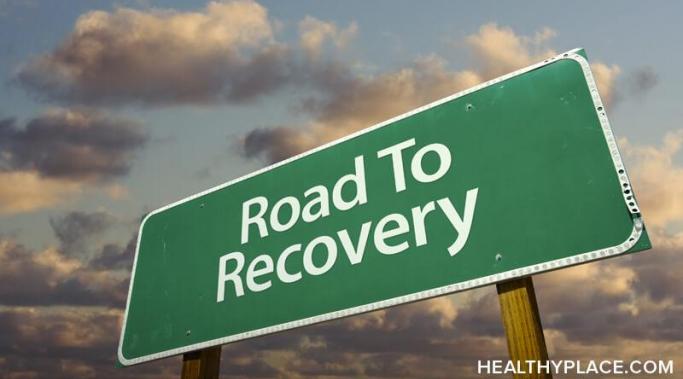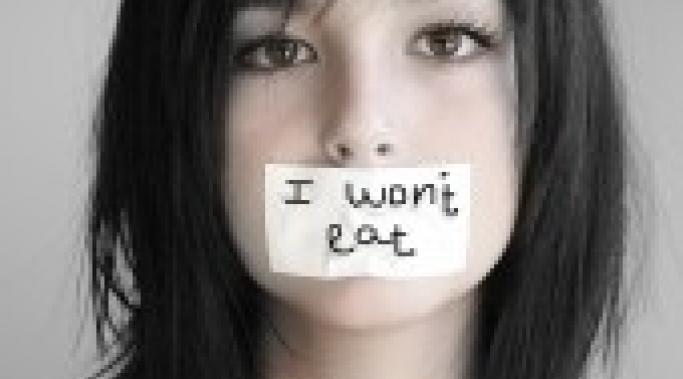My diagnosis validates my experience and makes my mental illness feel real. Schizoaffective disorder accurately describes my symptoms. I wanted a name and to know it can be treated.
Eating Disorders Recovery
Life after an eating disorder, and treatment for both bulimia and schizoaffective disorder, is much better. I often write about my experience with schizoaffective disorder at HealthyPlace, but it was really my struggle with bulimia that led me to seek help in the first place. I struggled with my eating disorder for many years, and eating disorder recovery was rough until I was also treated for schizoaffective disorder. In my case, the two were definitely related. When my mood and psychotic symptoms were reduced with medication, I finally felt strong enough to really get a handle on my eating disorder. I spent several weeks at an eating disorder treatment center in my early 20s. I truly believe it saved my life, and during my life after an eating disorder, I haven’t looked back once.
Many times our relationship with food affects our mental illness recovery and our mental illness recovery affects our relationship with food. Whether it’s overeating or not eating enough, usually our eating patterns are abnormal. This affects our mood, energy, thoughts, and feelings about ourselves. Lack of normalcy with food can make it extremely difficult to recover from mental illness. Being healthy and confident in our food choices, or having a good relationship with food, is key to recovery.
I’m Megan Rahm and I’m a new co-author for the blog Recovering from Mental Illness. I live in Toledo, Ohio with my husband and 14-month-old daughter. I have struggled with mental health symptoms most of my life, and in my early 20s I was diagnosed with bulimia and schizoaffective disorder.
Obsessively healthy eating has a name, it's orthorexia nervosa. While not clinically recognized in the Diagnostic and Statistical Manual of Mental Disorders, Fifth Edition (DSM-5), orthorexia nervosa--literally fixation on righteous eating--is no less real to those who suffer from it. Recently I interviewed a doctor about this condition and asked her the question many people with it ask--"When did eating right become bad?" The answer--"When it becomes excessive . . . When it interferes with activities of daily living" (Eating Disorder Facts: Who Gets Eating Disorders?). For example, skipping meals because the "right" food isn't available is not uncommon. Obsessively healthy eating -- orthorexia nervosa -- can be very unhealthy.
This July, I published a book, The Third Sunrise: A Memoir of Madness. It was a long three-year process sprinkled with bouts of depression and anxiety, but happiness as well. I had always wanted to write a book about my experience with mental illness and addiction. The reality of it--exposing my life on paper--was much harder than I had originally thought. I suppose I was a little naïve?
Last week, I wrote a blog focusing on the connection between mental illness and addiction. I defined "dual diagnosis," a term focusing on a person living with a mental illness and an alcohol or drug problem. In this post, let's talk about mental illness and disordered eating.






